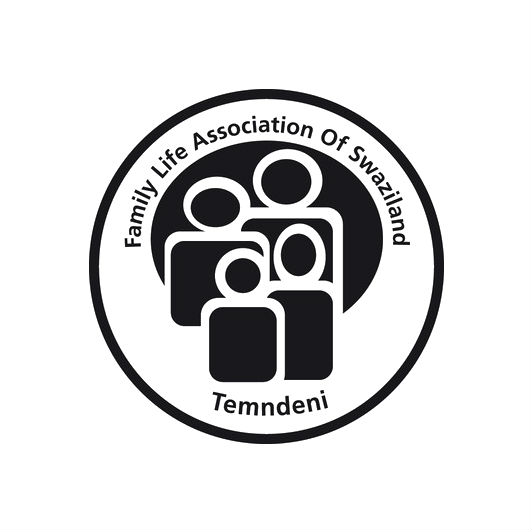

| 19 January 2024
Llaves - Honduras
LLAVES is a non-profit organization founded in 1999 by Allan Dunaway and Rosa Gonzalez in response to the particular needs of people living with HIV, specifically in the defense of the human rights of this population. LLAVES has developed expertise in the area of communication and uses it as a vehicle for primary and secondary prevention of HIV and other STIs, human rights advocacy, political advocacy, promotion of values, as well as the involvement of other key actors in the response to the epidemic, and its territorial areas of work are regional, national and international. LLAVES seeks to enhance the availability and quality of access to and use of key information, products and services for development that contribute significantly to improving the lives of people living with HIV and other vulnerable groups. The advocacy developed by LLAVES has been instrumental in achieving access to comprehensive care for people living with HIV, as well as a legal framework such as the special HIV Law and its reform. LLAVES has also been active in the development and implementation of the Five Year Plan on HIV and Human Rights: Reducing Human Rights Related Barriers to Access to HIV Services, an ambitious plan that aims to reduce legal, policy, scientific and community gaps. It comprises seven program areas, aimed at strengthening programs to protect and promote human rights, because human rights-related barriers impede the reach, use and impact of comprehensive HIV prevention and care services. Instagram Twitter

| 31 March 2016
Family Life Association of Eswatini (formerly Swaziland)
For over 30 years, the Family Life Association of Eswatini (FLAE) has provided sexual and reproductive health (SRH) services to the people of Eswatini (formally Swaziland). While family planning, antenatal, post-natal and post-abortion care form a key part of FLAE’s services, there’s a significant focus on HIV and AIDS programmes. Swaziland has some of the highest HIV and AIDS prevalence rates in the world. As a result, the prevention and management of HIV and AIDS, the provision of voluntary counselling and testing (VCT), and the prevention of mother to child transmission (PMTCT) are central to FLAE’s work. FLAE has 15 service points, including 4 permanent clinics and 12 mobile facilities, staffed by a permanent team of 40 backed by 230 volunteers, 180 Youth Action Movement members and 29 peer educators. Young people are a particular target for HIV and SRH sensitization. One of FLAE’s youth centres has its own radio studio, where young people make their own programmes concerning SRH issues. These are then played during FLAE’s roadshows and by major radio stations for nationwide broadcast. This is one strand in an innovative approach to communication. FLAE peer educators also provide training to the country’s Business Coalition Against AIDS. Health, youth, education, women’s and regional development ministries are key partners for FLAE, and it has links with a large number of non-governmental organizations, including the Swaziland National Youth Council, Swaziland Health and Population Education, Population Services International, the Swaziland National AIDS Programme and PACT. Private sector partnerships include the Business Coalition Against HIV/AIDS and SWANNEPHA (a national network of organizations for people living with HIV and AIDS). FLAE is a member of the SRH Steering committee, the Gender Consortium and the Male Circumcision Task Force.







